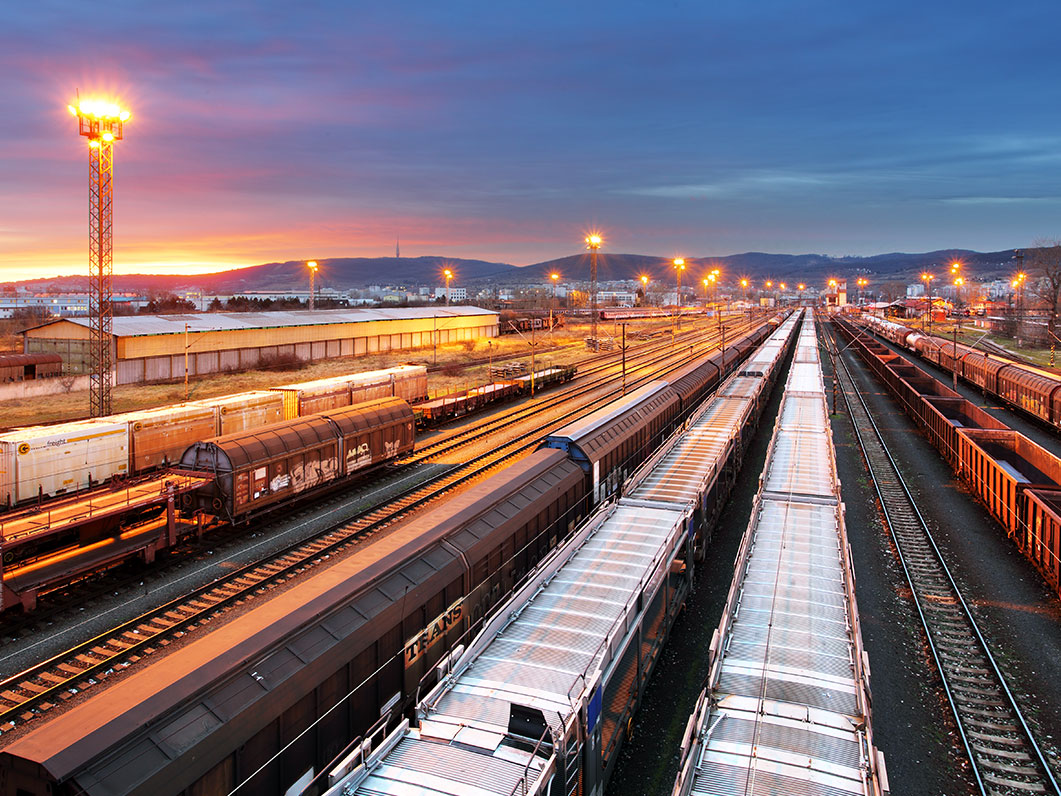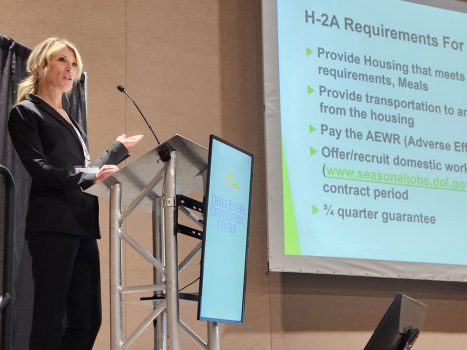The U.S. House of Representatives voted on Nov. 30 in favor of blocking a strike by the nation’s railway workers in 12 unions, “intervening in a labor dispute with wide-ranging economic and political implications.”
According to a story posted at https://www.msn.com/en-us/news/politics/house-votes-to-impose-agreement-to-block-rail-strike/ar-AA14JWwk just minutes after the votes were cast, “the House voted 290-137 to adopt the tentative deal between the rail companies and employees reached in September and brokered by the White House.”
In a second 221-207 vote taken separately and “aimed at addressing progressive Democrats’ concerns over protecting workers — the House added seven days of paid sick leave to the agreement, which currently calls for only one.”
MSN reported, “Just three Republicans vote in favor of the added paid leave.”
The two bills now head to the Senate, where, Reuters reported they will require 60 out of 100 votes to pass.
President Biden “was quick to praise Wednesday’s House vote and called on the Senate to quickly follow suit,” MSN said, quoting Biden as saying, “I am grateful to Speaker Pelosi and House Democrats and Republicans for taking urgent action to prevent a rail shutdown. This overwhelming bipartisan vote in the House of Representatives makes clear that Democrats and Republicans agree that a rail shutdown would be devastating to our economy and families across the country. The Senate must now act urgently. Without the certainty of a final vote to avoid a shutdown this week, railroads will begin to halt the movement of critical materials like chemicals to clean our drinking water as soon as this weekend.”
A Reuters story posted Nov. 29 at https://www.reuters.com/world/us/biden-urges-congress-act-avert-potential-rail-strike-2022-11-29/ said Biden had warned that the strike, which was set for as early as Dec. 9, would bring “dire economic consequences and massive job losses.”
Reuters reported that House Speaker Nancy Pelosi said on Nov. 29 that lawmakers would vote to “impose a tentative contract deal struck in September on a dozen unions representing 115,000 workers.”
“I don’t like going against the ability of unions to strike but weighing the equities, we must avoid a strike,” Pelosi was quoted by Reuters after meeting with Biden.
“Biden had warned Monday of a catastrophic economic impact if railroad service ground to a halt, saying up to 765,000 Americans could lose their jobs in the first two weeks of a strike,” Reuters said.
Reuters also said, “Despite the close ties between unions and the Democratic Party, several labor leaders criticized Biden asking Congress to impose a contract that workers in four out of 12 unions rejected over its lack of paid sick leave.”
It was also reported that regulators and shippers “have accused railroads of cutting staff to improve profitability. The railroads oppose giving their workers paid sick time because they would have to hire more staff. The carriers involved include Union Pacific Corp (UNP.N), Berkshire Hathaway Inc’s (BRKa.N) BNSF, CSX Corp (CSX.O), Norfolk Southern Corp (NSC.N) and Kansas City Southern.”
Reuters said, “A rail traffic stoppage could freeze almost 30 percent of U.S. cargo shipments by weight, stoke already surging inflation and cost the American economy as much as $2 billion per day.”
Reuters quoted Brian Dodge, president of the Retail Industry Leaders Association (RILA), who said a rail shutdown “is just absolutely catastrophic” after companies spent 18 months working on the supply chain gridlock. “We’d be setting ourselves back down that same path and it would take just as long to untangle the next time,” Dodge said.
And the news service noted, “The U.S. Congress has passed laws to delay or prohibit railway and airline strikes multiple times in recent decades.”




